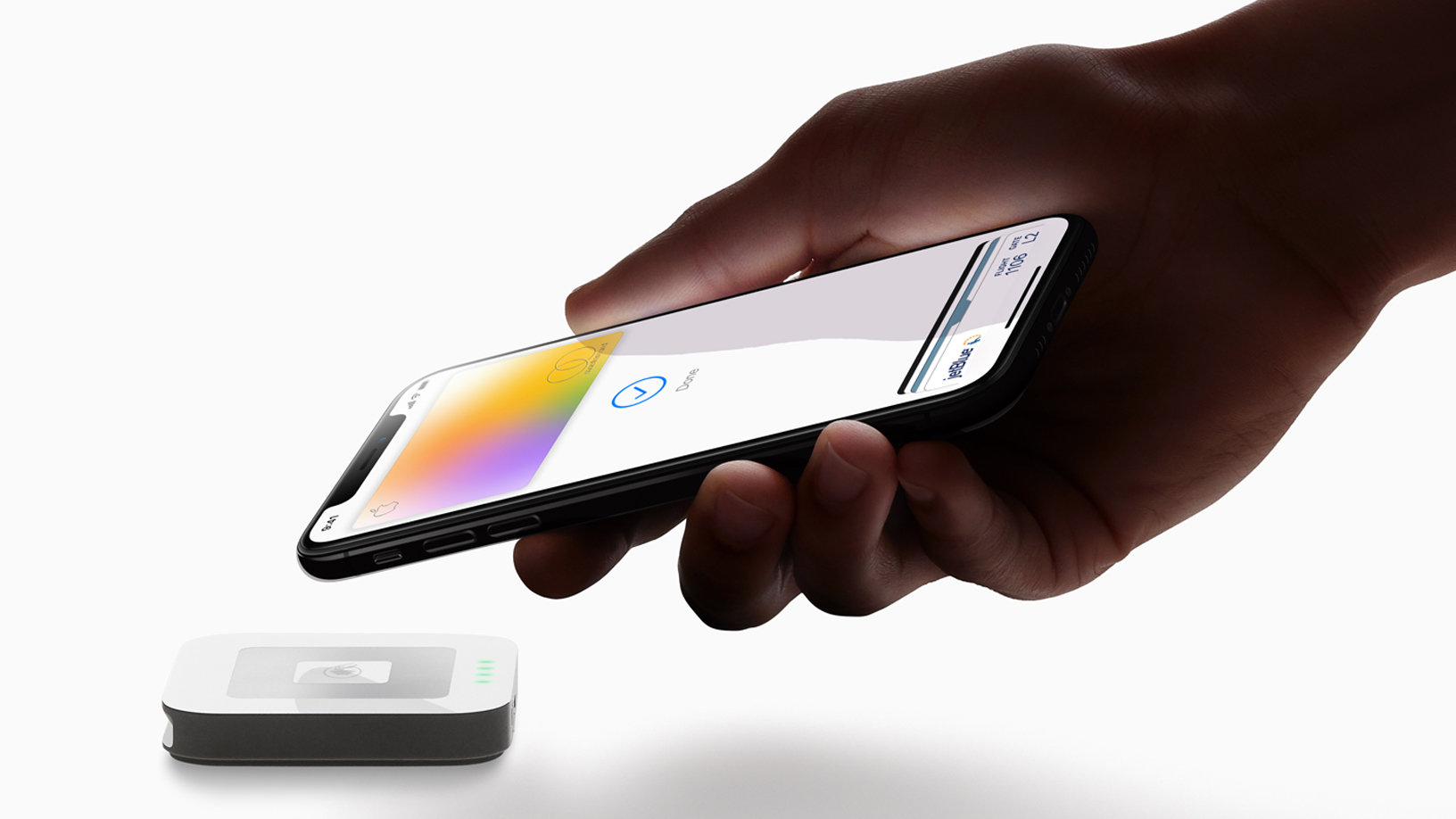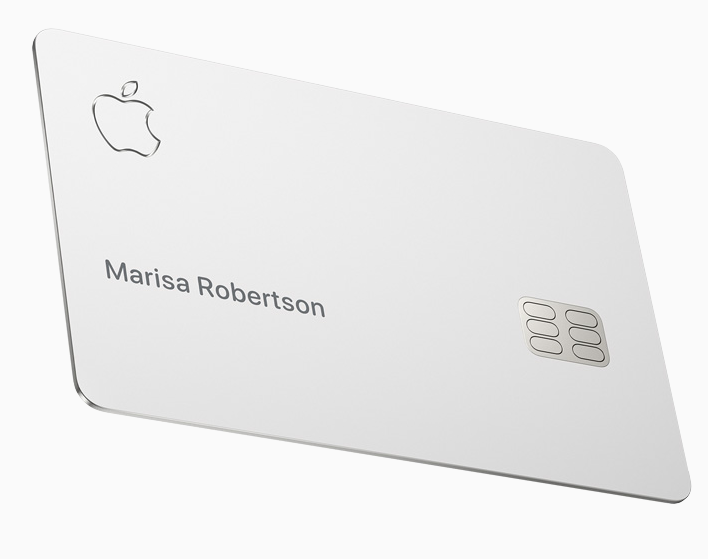Apple Card and new Services
Apple has announced a new Apple Card. It looks quite appealing, the security and the integration with the environment.

Apple debuts its own credit card with a physical version to complement the app
On stage, Apple’s vice president of Apple Pay, Jennifer Bailey, said that the company will use machine learning to offer customers a clear, understandable merchant name in their transaction history. (Often, credit card statements show the merchant’s address or parent company, which can be confusing when a customer goes back over their credit history.)
This kind of integration makes sense to me, but I do admit - I have concerns about privacy. Apple has earned some credit when it comes to maintaining privacy though and I hope that is still the case.
Apple said its own card would keep customer information similarly stored. The token representing the card number is stored on a phone’s Secure Element—a separate chip that has little interaction with the phone’s full operating system.
When Apple Pay was first rolled out in 2014, Apple said that the token tying a transaction to a specific customer would be encrypted and stored on the Secure Element without being accessible to Apple. It sounds like the company will use the same setup for its card, writing in a press release that “The unique security and privacy architecture created for Apple Card means Apple doesn’t know where a customer shopped, what they bought, or how much they paid.”
The titanium card looks fab though.
For its physical metal card, Apple has eliminated a lot of the weak points that allow hackers to steal card information in brick-and-mortar stores. The physical card has no number or CVV security code printed on it, and a date and a space for a signature are also notably absent. “All this information is easily accessible in Wallet to use in apps and on websites,” Apple explains. “For purchases made with the titanium Apple Card, customers will get 1 percent Daily Cash.”

